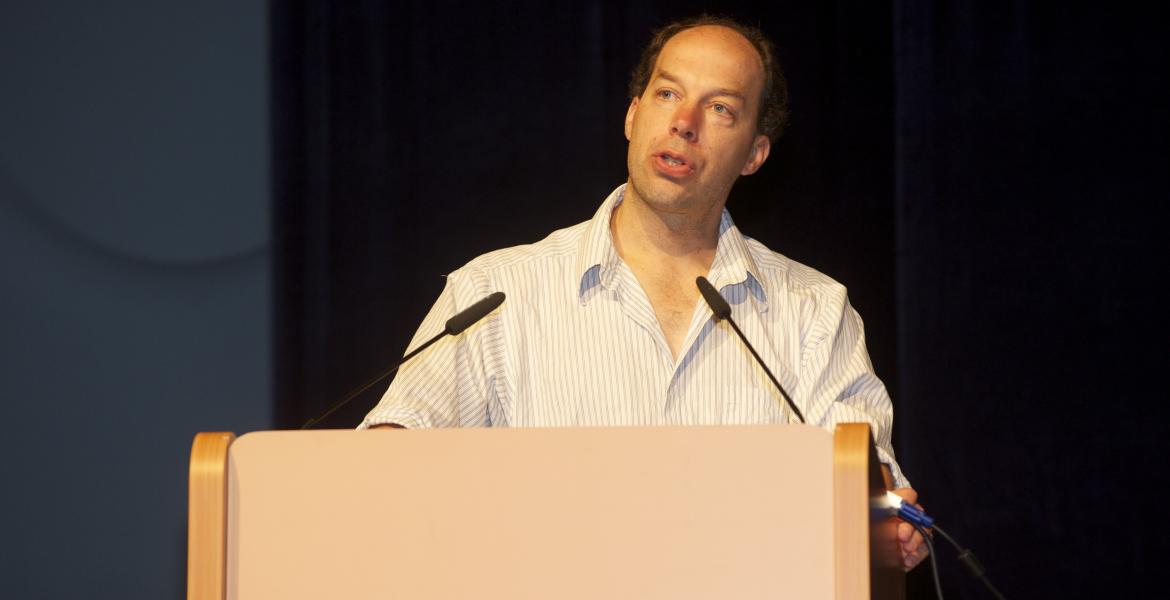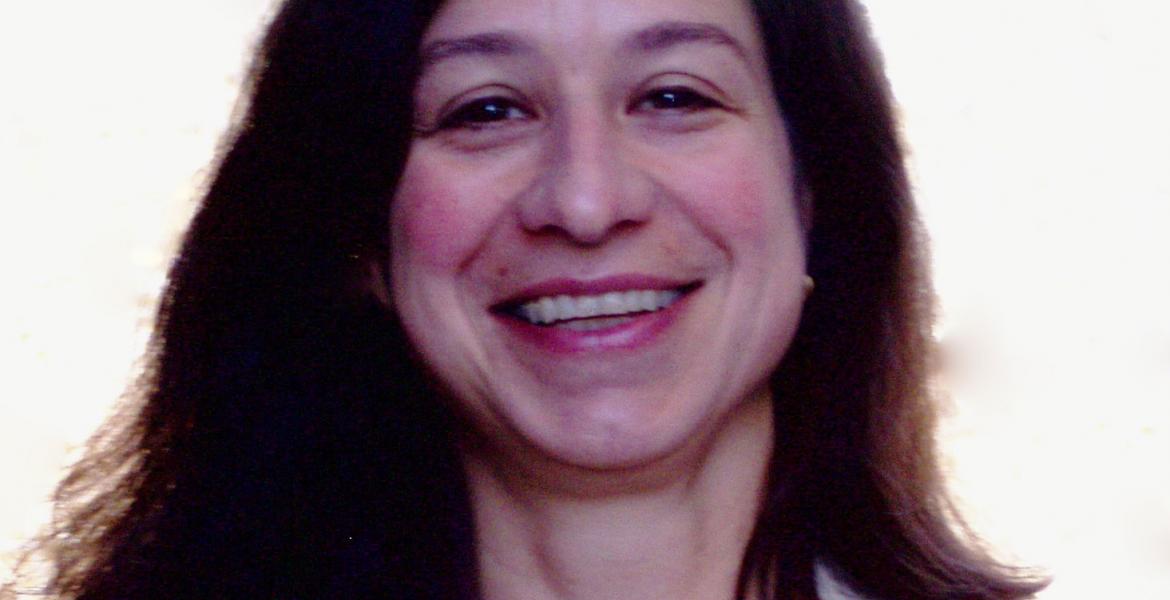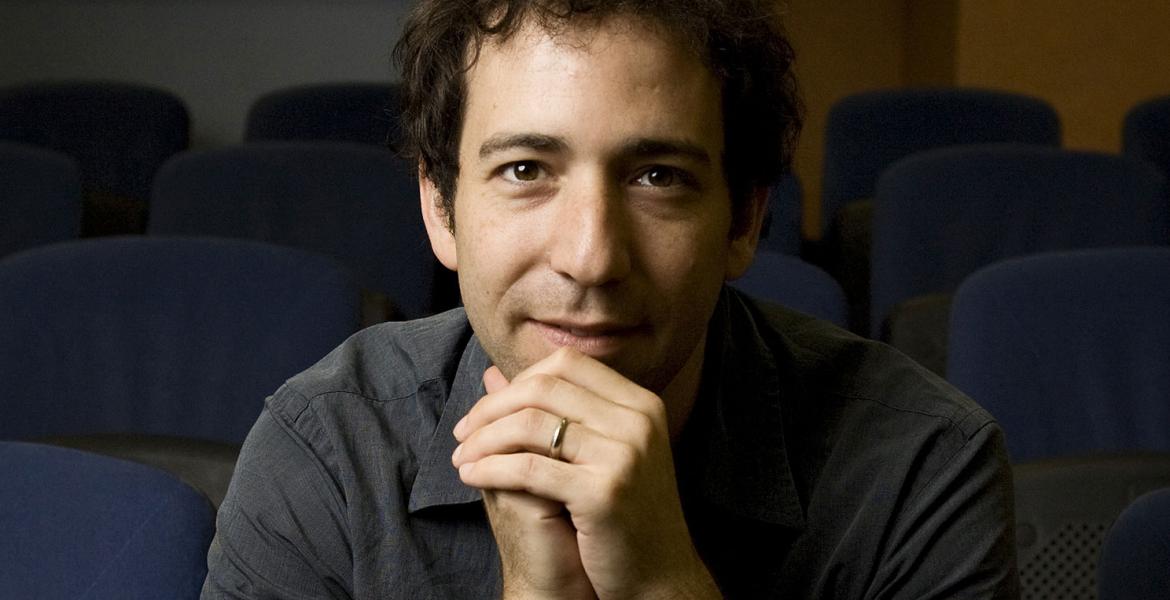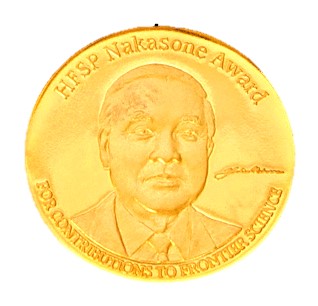HFSP Nakasone Award
The HFSP Nakasone Award is an annual award for ground-breaking contributions or breakthrough discoveries in the life sciences which rewards achievements in scientific excellence resulting in a particular discovery that has moved the frontiers of knowledge in Life Sciences.
The award recognizes the vision of former Prime Minister Nakasone of Japan in creating the Human Frontier Science Program (HFSP) whose mission is “to promote, through international cooperation, basic research focused on the elucidation of the sophisticated and complex mechanisms of living organisms.” Likewise, HFSP is committed to diversity and inclusion and especially seeks nominations of scientists that advance greater equity and inclusion in the global scientific enterprise.
Scientific Merit
The Award is given for scientific excellence demonstrated by a clearly defined discovery or series of discoveries in basic life science research that dates back no more than 10 years and is in accord with HFSP’s mission to support basic research into the “complex mechanisms of living organisms.”
The 10-year period should be evident from the publications listed in the nomination document. The HFSP Nakasone Award seeks to recognize a distinct and recent breakthrough and is therefore not intended as a lifetime achievement award.
Areas have traditionally ranged from molecular and cellular approaches to biological functions, systems neuroscience, including cognitive functions. However, all levels of complexity involving mechanisms of biological phenomena or the interactions between organisms and with the environment will be considered. Experimental, conceptual and technological breakthroughs are all eligible for the award.
The discovery or discoveries shall:
1. be frontier contributions to the Life Sciences dating back no more than 10 years
2. have resulted in a conceptual breakthrough that has had significant impact for scientists throughout the world
3. be identifiable via (a) specific publication(s)
The awardee(s) will receive an unrestricted research grant of 15,000 USD, a commemorative medal, a certificate and will deliver the HFSP Nakasone Lecture at the HFSP Awardees Meeting, at a location to be determined.








































